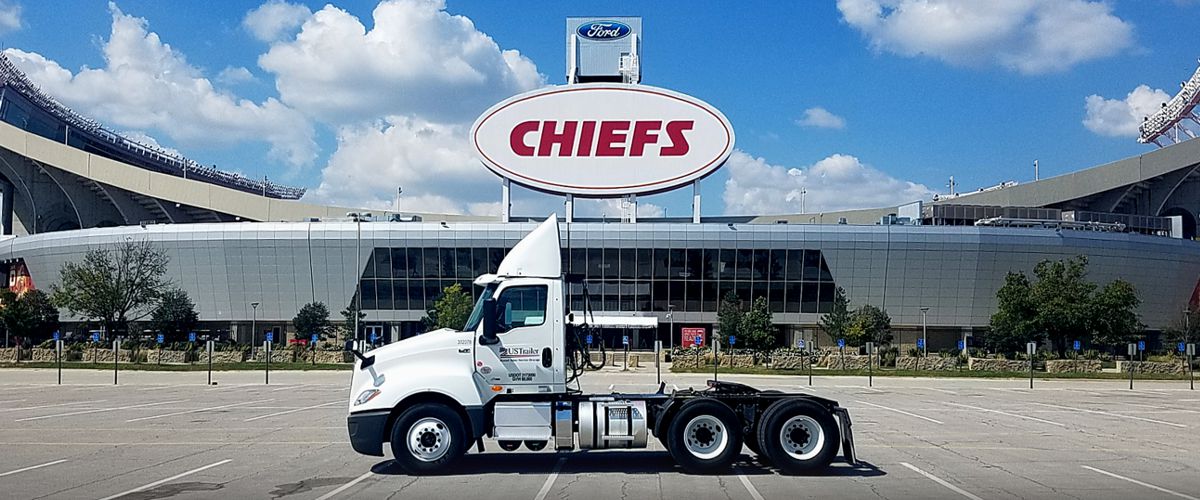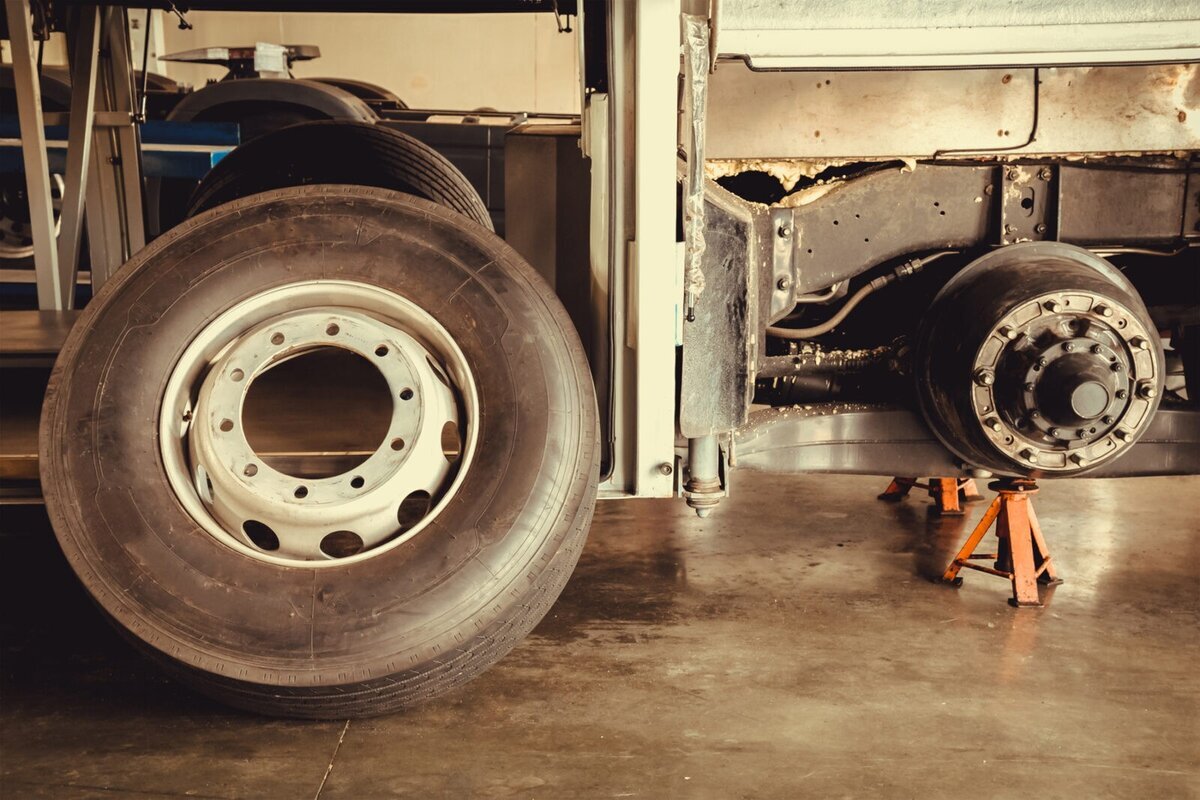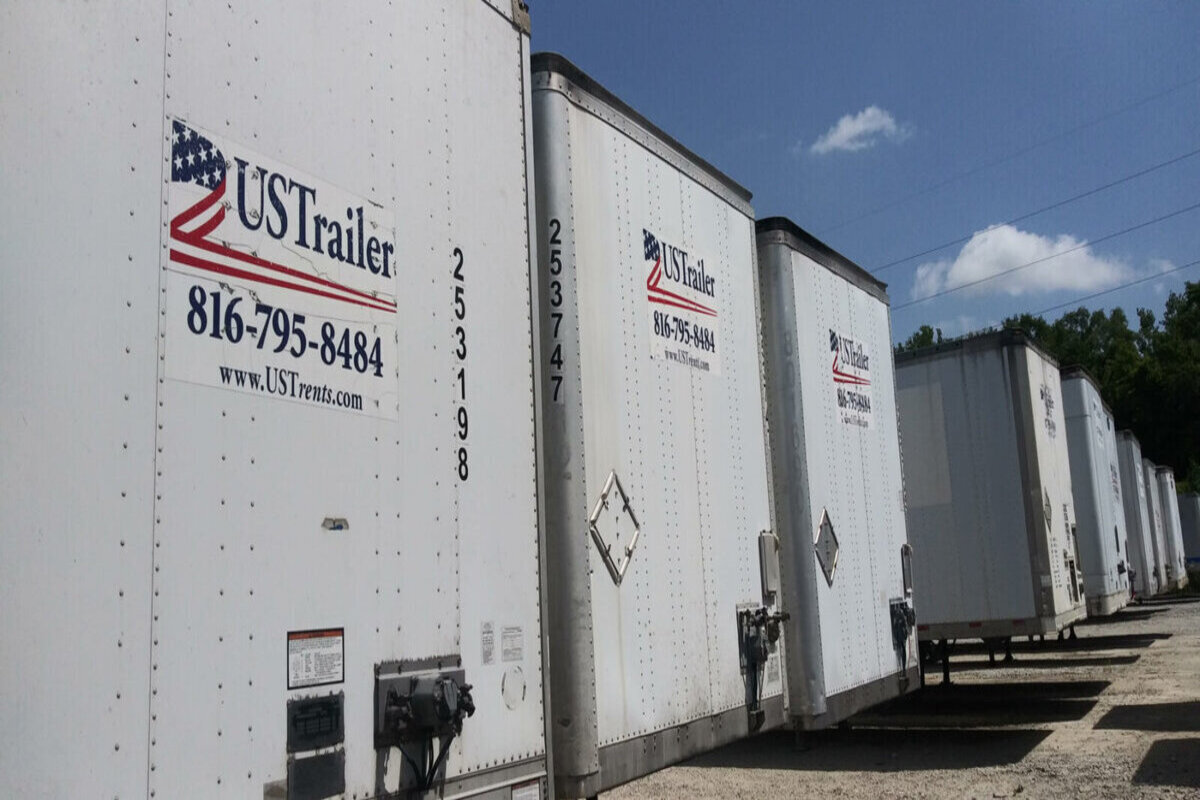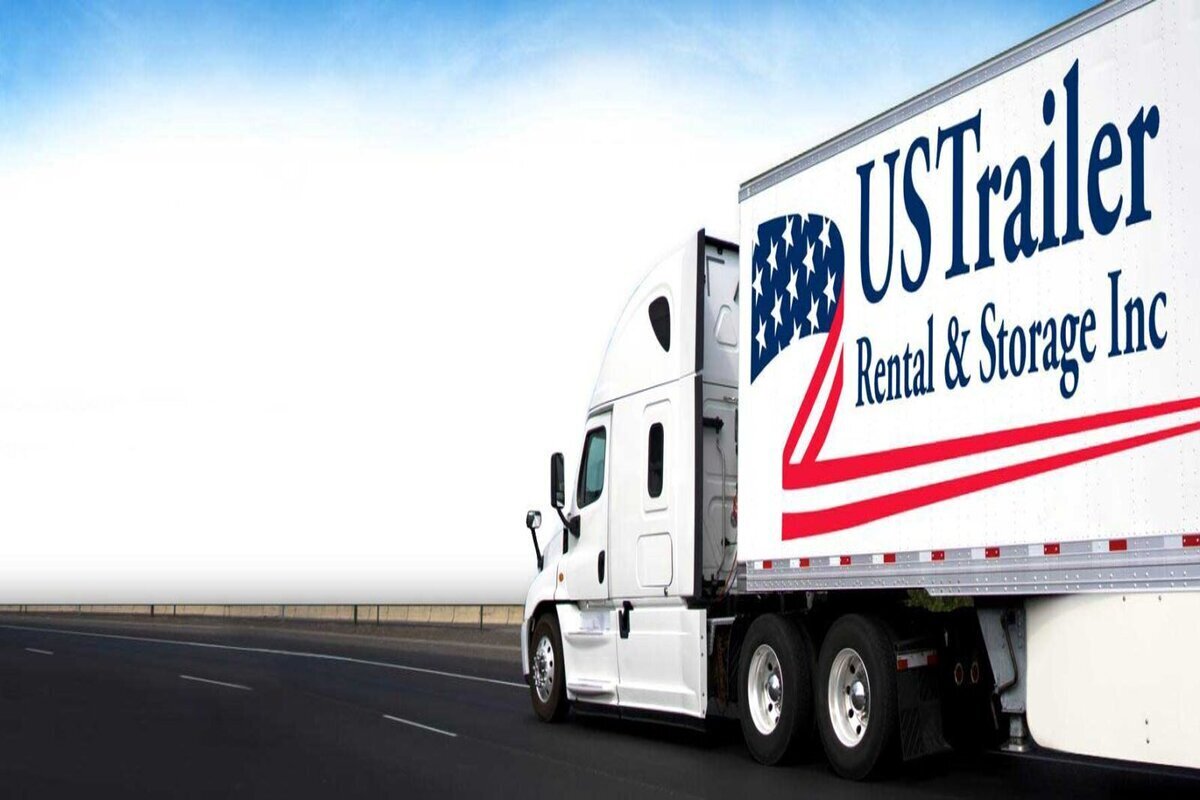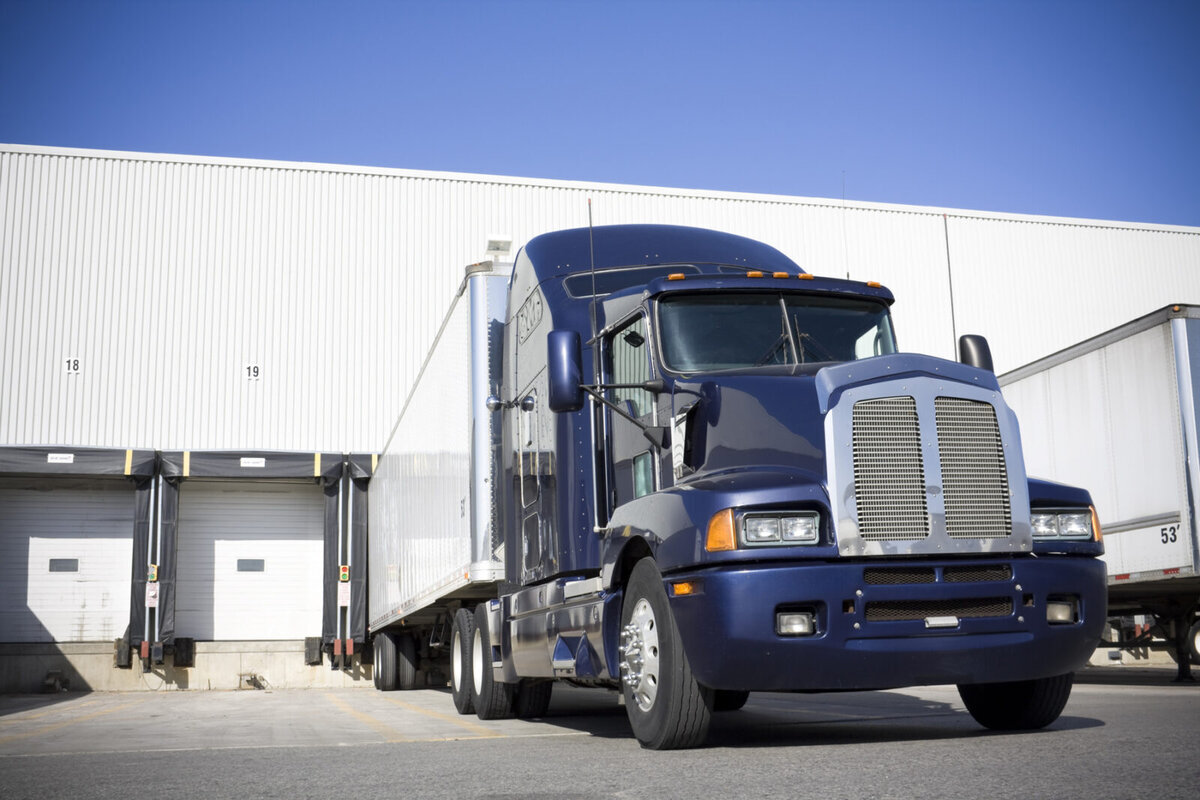In logistics and transportation, one tool stands out for its undeniable versatility: the flatbed trailer. As the name suggests, this type of trailer is flat, without sides or a roof. This unique design, while offering a multitude of benefits, also presents certain challenges. In this article, we’ll discuss the pros and cons of flatbed trailers.
What is a Flatbed Trailer?
Flatbed trailers are essentially open platforms, designed to carry large, heavy, and often irregularly shaped loads. Unlike enclosed trailers, they don’t confine cargo within walls or a ceiling, offering flexibility in terms of the size and shape of the items they transport.
Pros of Using Flatbed Trailers
Flexibility in Loading
The open design of these trailers allows for loading from multiple angles: the side, top, or even the rear. This makes them particularly useful for oversized loads or items that are challenging to load into enclosed spaces.
Accommodate Varied Cargo Sizes
Given their absence of confinement, flatbeds are ideal for transporting items that won’t fit in traditional trailers. Large machinery, construction materials, and even vehicles can be easily accommodated.
Faster Loading and Unloading
Without walls or ceilings to navigate, the process of loading and unloading on a flatbed is generally faster, reducing wait times and potentially leading to cost savings.
Versatility in Industry Applications
Open trailers are not restricted to a specific industry. From agriculture to construction, and from automotive to entertainment, the applications are as varied as they are numerous.
Cons of Using Flatbed Trailers
Exposure to Elements
The most evident drawback is the lack of protection from weather conditions. Goods that are sensitive to elements like rain, snow, or excessive sun might not be suitable for transport on a flatbed.
Security Concerns
The open nature of these trailers might make the cargo more susceptible to theft, especially if the items are valuable and the trailer is left unattended.
Additional Equipment Needed
To secure items on a flatbed, additional equipment like tarps, chains, or straps might be required. This not only adds to the operational costs but also demands expertise in ensuring the cargo is safely fastened.
Potential for Damage
Without the protective enclosure that other trailers offer, cargo on a flatbed is more susceptible to potential damage from road debris or during the loading and unloading processes.
Flatbed Trailers vs. Dry Van and Refrigerated Trailers
Dry Vans
Dry vans are enclosed trailers, shielding cargo from external elements. They’re ideal for goods that need protection but don’t offer the same level of flexibility in terms of cargo size as flatbeds.
Refrigerated Trailers
These are essentially dry vans with temperature control. Perfect for perishables, they don’t provide the same cargo size flexibility that open trailers do.
Conclusion
When evaluating transportation options, it’s crucial to consider both the nature of the cargo and the specific challenges each type of trailer might present. Flatbeds, with their undeniable versatility, are perfect for many scenarios.
However, when considering the pros and cons of flatbed trailers, their open design can be a double-edged sword, offering flexibility on one hand and potential exposure to risks on the other. If you have any questions, don’t hesitate to contact us. Our experts are always ready to answer any questions you may have.

